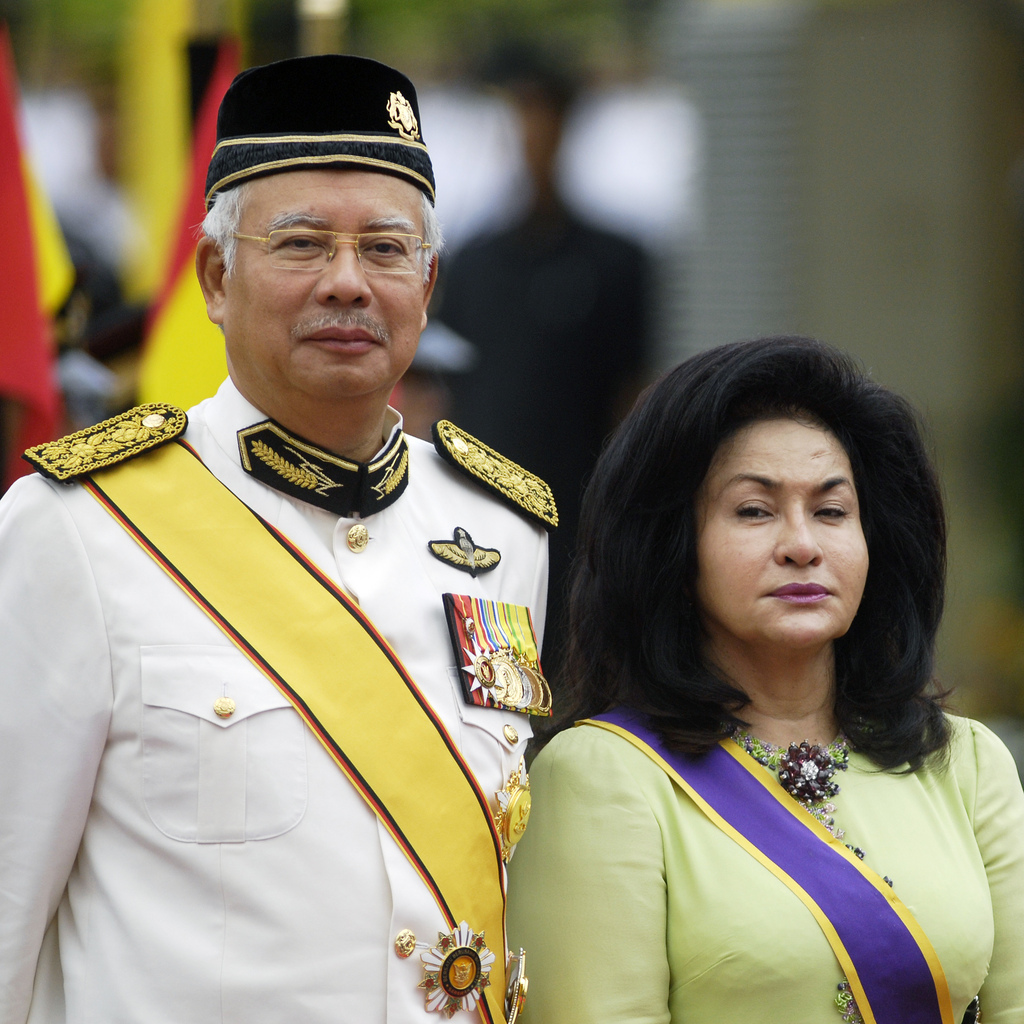There is a growing consensus that the key problem Malaysia faces is the weak leadership of Prime Minister Najib Razak.
Clive Kessler’s excellent analysis puts this into context in terms of Najib Razak’s management of BERSIH 2.0. New Mandala‘s early analysis of BERSIH 2.0 suggested:
…The government’s actions against BERSIH 2.0 are designed to position itself for this election. It hopes that a tough line will demonstrate strength, and show the futility of support for the opposition. In particular it is aimed at shoring up support from electorally-dominant rural Malays, by linking the rally to an alleged Christian and anti-Muslim agenda, as well as communists and Muslim extremists. It is also designed to reject any attempts by independent groups to act as election watchdogs…
Dr. Kee Beng Ooi at the Institute of South-east Asian Studies and Dr. Gaik Cheng Khoo at the Australian National University affirm this view — that the management of BERSIH 2.0 points to weak leadership — in an interview with Newsline.
Clive Kessler suggests that Najib Razak may do away with elections altogether to remain in power. This is not an entirely far fetched notion. I had noted that Najib Razak’s actions since becoming premier had been to make himself “The Beloved Leader” by attempting to centralise power and the ability to dispense patronage. However, I also cautioned that this is extremely difficult under current conditions.
In February 2010, I ventured that Prime Minister Najib Razak may not last a full term. Najib Razak has until April 2013 to prove this wrong.
 Facebook
Facebook  Twitter
Twitter  Soundcloud
Soundcloud  Youtube
Youtube  Rss
Rss 